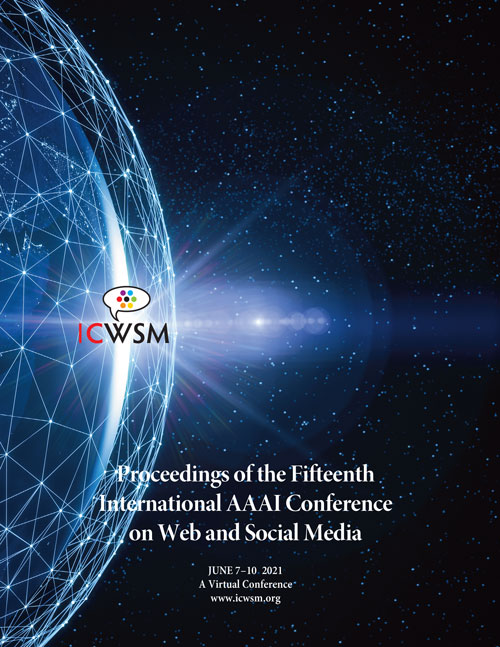Misinformation Adoption or Rejection in the Era of COVID-19
DOI:
https://doi.org/10.1609/icwsm.v15i1.18103Keywords:
Subjectivity in textual data; sentiment analysis; polarity/opinion identification and extraction, linguistic analyses of social media behavior, Credibility of online content, Organizational and group behavior mediated by social media; interpersonal communication mediated by social media, Qualitative and quantitative studies of social mediaAbstract
The COVID-19 pandemic has led to a misinformation avalanche on social media, which produced confusion and insecurity in netizens. Learning how to automatically recognize adoption or rejection of misinformation about COVID-19 enables the understanding of the effects of exposure to misinformation and the threats it presents. By casting the problem of recognizing misinformation adoption or rejection as stance classification, we have designed a neural language processing system operating on micro-blogs which takes advantage of Graph Attention Networks relying on lexical, emotion, and semantic knowledge to discern the stance of each micro-blog with respect to COVID-19 misinformation. This enabled us not only to obtain promising results, but also allowed us to use a taxonomy of COVID-19 misinformation themes and concerns to characterize the misinformation adoption or rejection that can be best recognized automatically.Downloads
Published
2021-05-22
How to Cite
Weinzierl, M., Hopfer, S., & Harabagiu, S. M. (2021). Misinformation Adoption or Rejection in the Era of COVID-19. Proceedings of the International AAAI Conference on Web and Social Media, 15(1), 787-795. https://doi.org/10.1609/icwsm.v15i1.18103
Issue
Section
Full Papers

